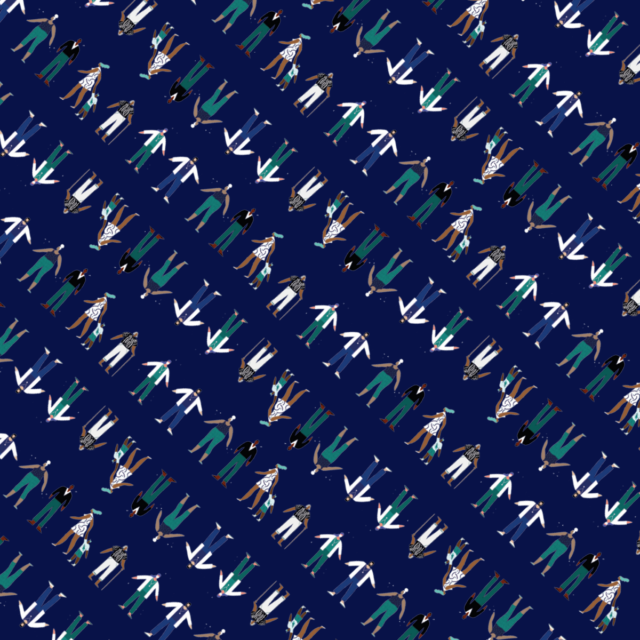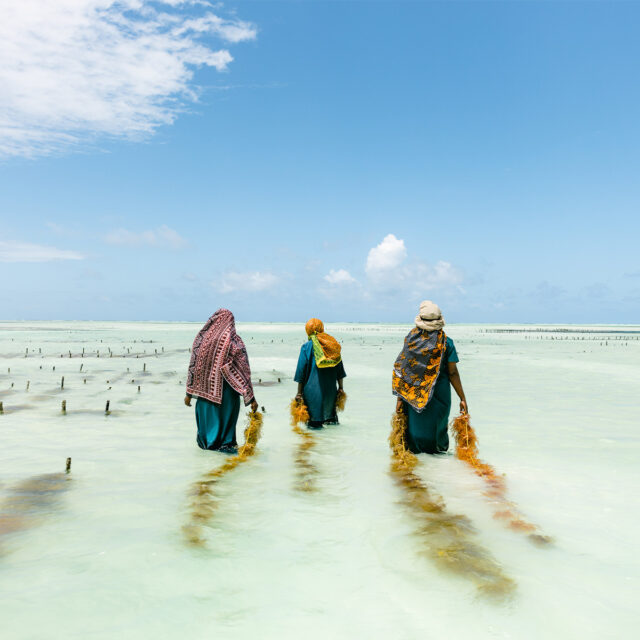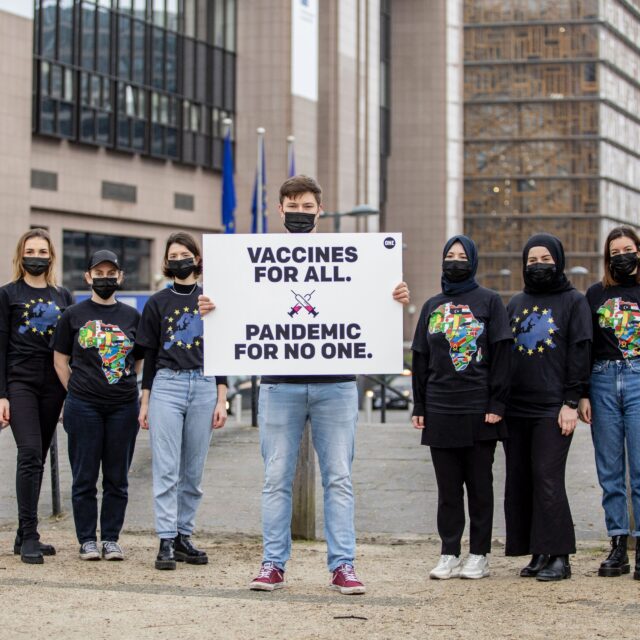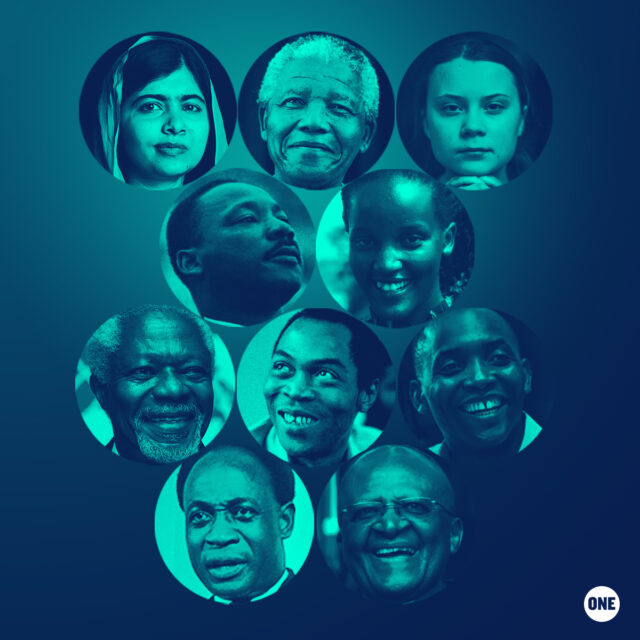ONE Champion Hewan Goitom Berhane shares how today’s youth can use history to create a dialogue for a more inclusive Ethiopia in the future.
“Where did we go wrong?’’ In the midst of this crisis in Ethiopia I find myself asking this question. I also wonder how we can turn back the clock and go back to how it used to be. We cannot go back to “How it used to be.’’ But then another reality hits me — was how our country used to be all that we aspire to achieve today? Were we ever united? Not anymore surely.
Have we ever inclusively defined what it means to be an Ethiopian? Or were we just always careful to be politically correct? This poses a lot of questions, and these questions then take me back to where we went wrong as a nation. Because today, we are divided more than ever and are on the verge of total collapse. The multiple conflicts in different parts of Ethiopia are evidence for how necessary it is to have a strong focus on diversity. The time we are spending highlighting our differences is a time we should be spending discovering the thread that connects us all.
The Rwandan Genocide in 1994, the ongoing war in Syria since 2011, and another ongoing war in Yemen since 2014; the list of civil conflicts goes on. These are conflicts that were sown from ethnic and political differences and intolerance to dialogue leading to escalation of humanitarian crisis. If we choose to open our eyes; these past and ongoing events can help us understand the consequence of this path we are starting.
As a young professional working in cultural heritage studies, I believe the victory in Adwa has an important value for our historical understanding. The majestic Mountain and landscape of Adwa overlooked an event that marked a turning point in Ethiopian history — these spectacular chains of volcanic mountain, terrains and valleys were the backdrop of when Ethiopians were triumphant in an Italian invasion on March 1, 1896.
The success at Adwa sheds light on the unique dimensions of Ethiopia’s civilization and innermost unity. The events at Adwa are undeniably a complex interconnection that has inspired Ethiopians from all corners of the country to bravely stand united. The battle represents a history where Ethiopians marched from all walks of life around the country to stand together for their freedom. This invasion triggered the unwritten constitution of unity and sent a shock wave to define a path towards inclusiveness.
Today we are entangled in decades of conflicts after Adwa victory, which serves as conclusive proof that a nation can exist free of ethnic conflicts. Current ethnic conflicts are challenging efforts to build a more inclusive, peaceful, and democratic nation. On March 1, 1896 the enemy was colonizers invading our sovereignty. Today we are the enemy, our discrimination is the enemy, and our hatred is the enemy. And more than anything our poor understanding of past events and our narrow definition of what it means to be an Ethiopian is the enemy.
This desperation forces me to find a possible blessing in disguise. I have been called too optimistic at times, but is that what I am? I am seeing the horizon on the other side through a small window. The other side being a future of building a nation where we can safely express our identities. It is my hope we can broaden that window to see more, to know more, and somehow come out of this stronger and more united. Still how do we acquire enough space and safety to create a platform for inclusive ideas and identities? This is a question for the youth of today’s Ethiopia.
As a first step, let’s set the table at every level for an inclusive dialogue and to possibly clarify present Ethiopian contradictions between the historical consciousness and self-image as ethnic beings conveyed by dispute and conflicts. Instead of retreating into our small ethnically defined cocoons, we ought to embrace our differences and establish common grounds of understanding. Without this we diminish our perspective towards diversity and contribute to endless disputes. With 2020 being the African Union Year of Silencing the Guns, our nation should lead by example.
The more inclusive dialogue we engage in, the closer we are to perhaps giving everyone a fair shot. After all it’s the only way we can reorient our perspective to better heal our nation. This can possibly be realized through engaging everyone in a dialogue providing an inclusive and unprejudiced foundation for the future. In this regard unprejudiced understanding of diversity can serve as a medium of peaceful dialogue and overcoming the challenges we face today.
I have a vision of a bright inclusive future for Ethiopia, where all our history and diverse identities are celebrated and are directly contributing to build the foundation of a peaceful, harmonious, and inclusive future. This is a time for reconciliation, and to come together; by coming together we will not lose ourselves but rather become the best version of our individual self within the larger representation of being an Ethiopian.



